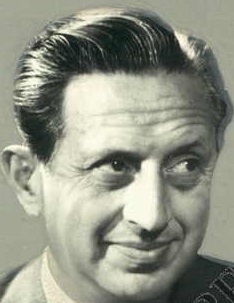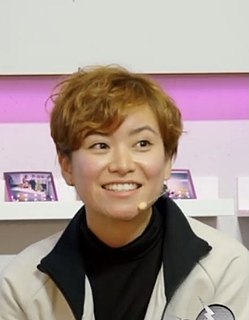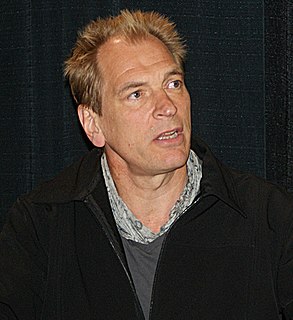A Quote by Leo Rosten
Acting is a form of deception, and actors can mesmerize themselves almost as easily as an audience.
Related Quotes
You can throw away the privilege of acting, but that would be such a shame. The tribe has elected you to tell its story. You are the shaman/healer, that's what the storyteller is, and I think it's important for actors to appreciate that. Too often actors think it's all about them, when in reality it's all about the audience being able to recognize themselves in you. The more you pull away from the public, the less power you have on screen.
Period films to me are very often alienating to the audience. There's very often a formality. A staunchy quality to them that comes from the misenscene. It also comes from the performances of the actors, because they're acting Victorian which really means that they're just acting the way they've seen previous actors act Victorian.
I think there's a lot of mythos about what's required in acting. The way that actors talk about acting is generally quite punishing, and I think actors want to put forward the idea that they do all of this work because, you know, it's a post-De Niro world, when, largely, in fact, it's almost never true.





































